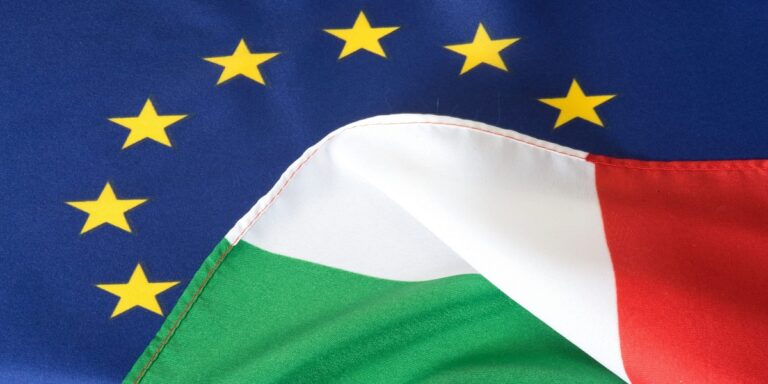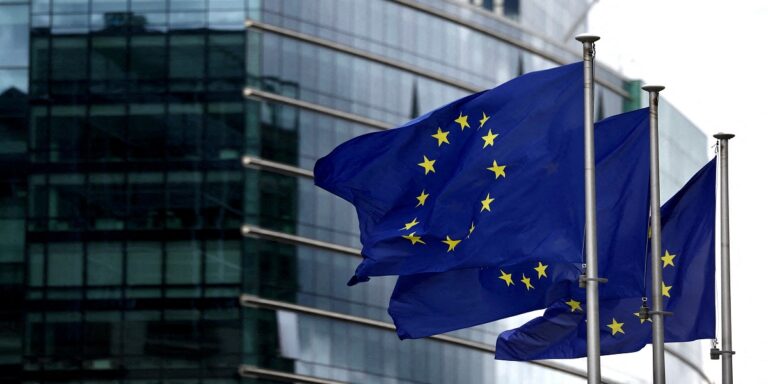In Kazakhstan, citizens have taken a stand against the government’s decision to ban e-cigarettes through a new petition launched on the Epetition portal website.
Kazakhstan’s E-Cigarette Ban: Understanding the Controversy
The move to ban e-cigarettes in Kazakhstan stems from a law signed by President Kassym-Jomart Tokayev in April 2024. This law prohibits the sale and advertising of e-cigarettes and vaping devices across the nation.
Public Outcry :
The ban has triggered significant public outcry, as evidenced by the launch of multiple petitions opposing it. The latest petition has garnered nearly 19,000 views and has collected 895 signatures along with 67 comments.
Citizens’ Concerns :
Initiators of the petition highlight their concerns regarding the deprivation of their right to use e-cigarettes as an alternative to traditional smoking. They argue that e-cigarettes serve as a less harmful option for those who do not use conventional cigarettes or heated tobacco products.
Ban Advocacy and Opposition
The ban on e-cigarettes was advocated by the Ministry of Health and several public organizations. However, it has been met with strong opposition from various segments of society.
Previous Petition:
In August 2023, Kazakh citizens launched a similar petition against the ban, amassing over 100,000 signatures. This indicates widespread dissent and opposition to the prohibition.
Future Implications of the Ban
As per the current law, Kazakhstan will enact a complete ban on the sale, distribution, and import of e-cigarettes one month after the ban’s implementation.
Impact on Public Health:
Proponents of the ban argue that it is necessary to safeguard public health, citing concerns about the potential health risks associated with e-cigarette use, particularly among young people.
Economic Ramifications:
However, opponents of the ban raise concerns about its economic ramifications, including the impact on businesses involved in the sale and distribution of e-cigarette products.
As citizens continue to voice their opposition through petitions and public discourse, the outcome of this debate remains uncertain.


















